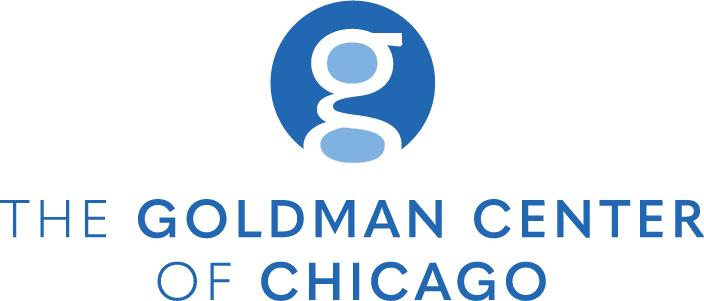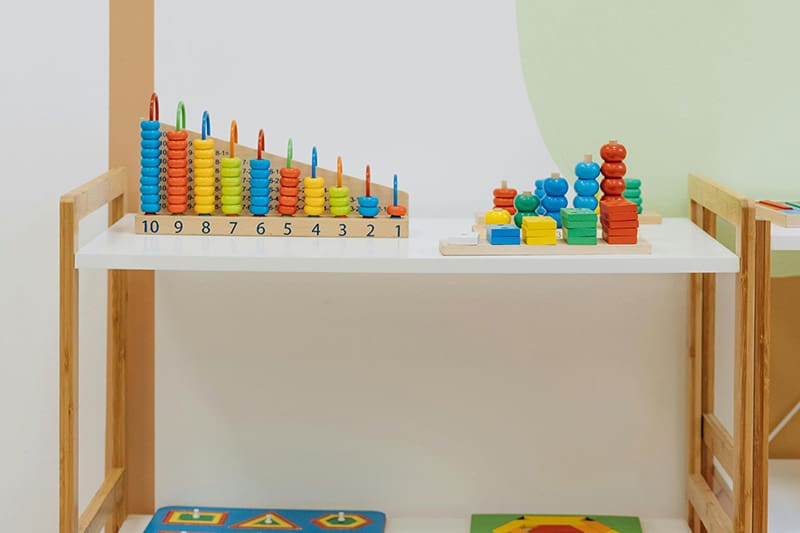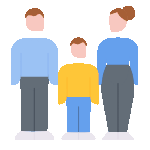There are a variety of services that clinicians may recommend following a diagnostic evaluation. All of these recommendations will be based on the outcome of the evaluation and where the clinician believes a child would benefit from therapeutic intervention or support. Below is a list of some services that could be recommended after a diagnostic evaluation.
Speech Therapy: Speech therapy can help children with developmental delays and speech and language disorders improve their communication skills, including:
- Expressive language: ability to express themselves verbally and nonverbally
- Receptive language: ability to understand and interpret verbal and nonverbal communication
- Speech prosody: involves stress and intonation in spoken language
- Interpreting gestures and facial expressions
- Augmentative and Alternative Communication (AAC): provides assistance with, or alternative means of, communication for children struggling with speech
ABA Therapy: ABA (or Applied Behavior Analysis) is a therapy that is often recommended for children with autism spectrum disorder (ASD) or challenges with behavior. ABA therapy utilizes positive reinforcement to encourage positive behaviors and reducing challenging behaviors. ABA therapy can help improve and increase a child’s independence by helping them build important socially significant skills, such as:
- Manding: making appropriate verbal or nonverbal requests based on their wants and needs
- Tacting: correctly labeling familiar objects in their environment
- Chaining: completing multi-step sequences, such as making a sandwich or putting on shoes.
Occupational Therapy: Occupational Therapy can help children with developmental disorders gain independence in activities of daily living, such as:
- Play activities: these include games, puzzles, drawing, and climbing
- Self-care needs: such as dressing, bathing, and using utensils for independently eating and drinking
- School activities: including writing, using scissors, and playing on a jungle gym structure
- Sensory processing: how the body’s nervous system processes sensory input (e.g., sounds, textures, lights)
Physical Therapy: Physical therapy often works in conjunction with occupational therapy to help children with autism and other developmental disorders improve their balance and muscle tone in order to move more independently through their daily routines. Physical therapists can help children with skills such as:
- Gross motor skills: walking, running, sitting and standing
- Coordination: balance skills, climbing, and using stairs
- Physical independence: being able to move through house/classroom independently without help and completing physical tasks like getting on and off a chair
Do you have questions about your child’s development or diagnostic evaluations? Contact our team to speak with one of your specialists who can answer all of your questions!
References:
“Autism Spectrum Disorder: Treatment.” Spectrum Disorder: Assessment, ASHA, https://www.asha.org/PRPSpecificTopic.aspx?folderid=8589935303§ion=Treatment.
“Echoics, Mands, Tacts.” Let’s Learn ABA, Let’s Learn ABA, 4 Nov. 2018, https://www.letslearnaba.com/aba-terms/echoics-mands-tacts/.
“Understanding Chaining in ABA.” The Behavior Exchange, The Behavior Exchange, 20 Aug. 2018, https://www.behaviorexchange.com/blog/2018/09/understanding-chaining-in-aba.
“Occupational Therapy for Children on the Autism Spectrum.” Center for Autism Research, Center for Autism Research, 2020, https://www.carautismroadmap.org/the-role-of-pediatric-occupational-therapy-for-children-with-asd/.
“The Role of Pediatric Physical Therapist for Children on the Autism Spectrum.” Center for Autism Research, Center for Autism Research, 2020, https://www.carautismroadmap.org/the-role-of-the-pediatric-physical-therapist-for-children-with-autism-spectrum-disorder/.









